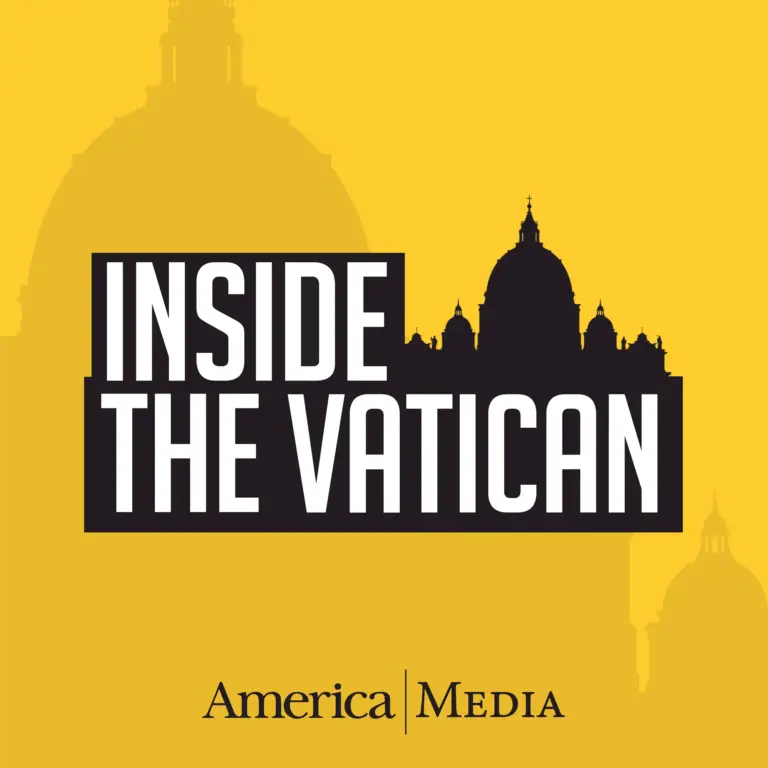
President Daniel Ortega of Nicaragua suspended diplomatic ties with the Vatican over the weekend in what appears to be retaliation for the pope’s strong public criticisms on March 10 of his “rude dictatorship,” likening it to “a communist dictatorship in 1917, or a Hitlerian one in 1935.” These comments were made by the pope in an interview with Infobae, an Argentine news outlet. “I have no other choice,” the pope said, “but to think that the person in power is mentally unbalanced.”
On “Inside the Vatican” this week, host Ricardo da Silva, S.J., and veteran Vatican correspondent Gerard O’Connell are joined by senior editor Kevin Clarke to discuss the ongoing conflict between the Nicaraguan president and the Holy See.
“There are so few independent voices left within Nicaragua,” Kevin says on the podcast. “Thousands of non-governmental organizations have been shut down. The independent press is essentially acting in exile to cover political developments in Nicaragua. The last man standing was the Catholic Church.”
Later on, Ricardo and Gerry discuss another interview Pope Francis gave last week. In the interview with Elisabetta Piqué, who is Gerry’s wife and a Rome-based correspondent for La Nacion, the Argentine news outlet, the pope again criticized the ongoing war in Ukraine, stopping short of labeling the wanton killings there a genocide, he also condemned what he called “the ideological colonization of gender,” and announced “everyone will have the right to vote” at the upcoming “Synod on Synodality,” settling a long-held question as to whether women would be allowed to vote for the first time in a church synod. The revelation has taken even senior Vatican officials by surprise.
In celebration of Pope Francis’ first decade at the helm of the Catholic Church, Ricardo and Gerry close the show sharing their abiding sense of Pope Francis. For Gerry, who has known the pope for 18 years, “this man is a pastor,” he says. “I have seen this at a very personal level, at a level of the family, but I see it also at the level of the leader of the Catholic Church in relation to Catholics, [and] in relation also to the people of the world.”
“The phrase that he uses over and over is a ‘culture of encounter,’” Ricardo says. “He’s somebody who is constantly trying to read where people are at, what people are struggling with, what people are talking about. Not shutting down conversations, but also not scared to say what he thinks in all of this.”
Please consider supporting Inside the Vatican by purchasing a digital subscription to America at www.americamag.org/subscribe.
Related links:
- Nicaragua proposes cutting Vatican ties after Pope Francis compared Ortega regime to Hitler
- With a ‘sham trial’ of a Nicaraguan bishop about to begin, a clampdown on the nation’s Catholic Church continues
- Asked if Putin is committing genocide in Ukraine, Pope Francis doesn’t say no
- Pope Francis denounces imprisonment of Nicaragua’s Bishop Rolando Álvarez
- With a ‘sham trial’ of a Nicaraguan bishop about to begin, a clampdown on the nation’s Catholic Church continues
- Pope Francis says ‘ideology of gender’ is ‘dangerous’ and that ‘everyone’ will vote in the Synod, in new interview with La Nacion
- Why can’t women vote at the Synod on Young People?
- Video: Top 10 moments of Pope Francis
Please consider supporting this podcast by becoming a digital subscriber to America Media.
Learn more about your ad choices. Visit megaphone.fm/adchoices